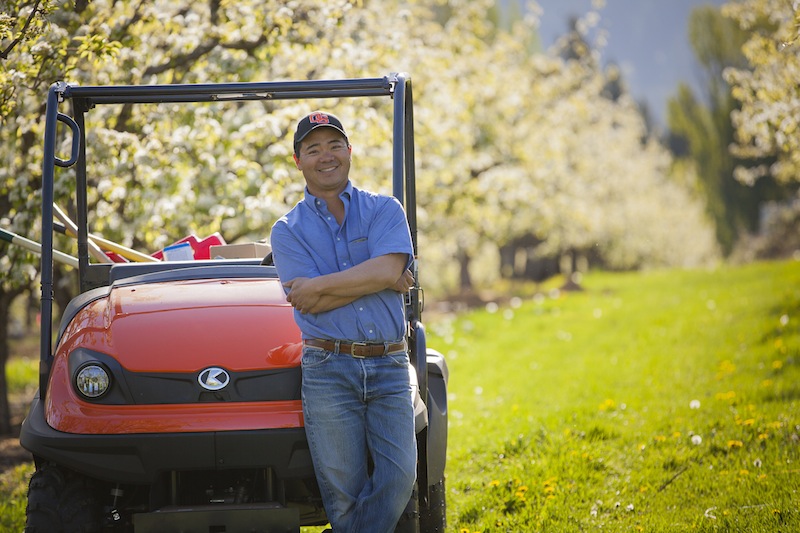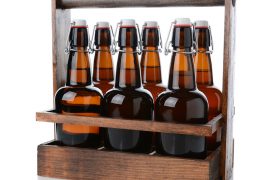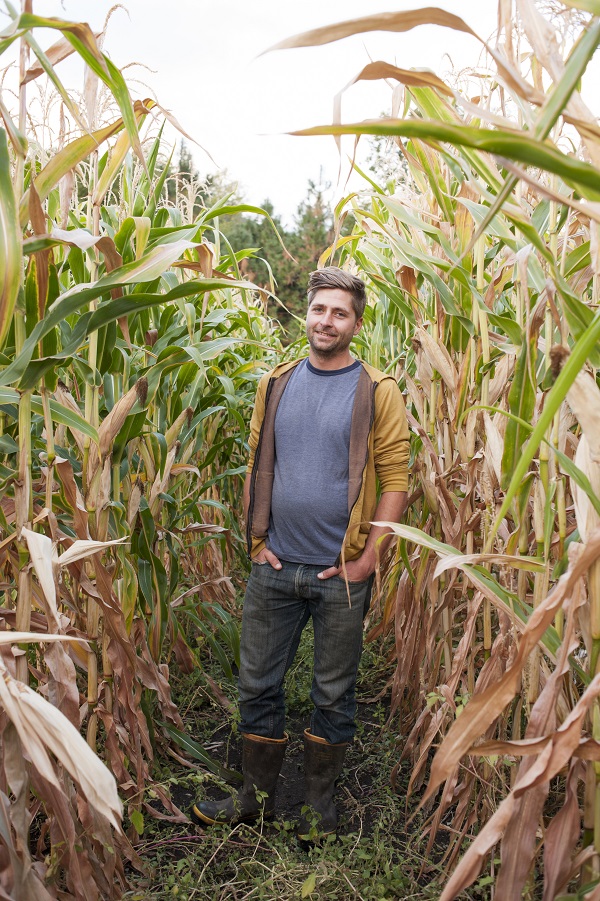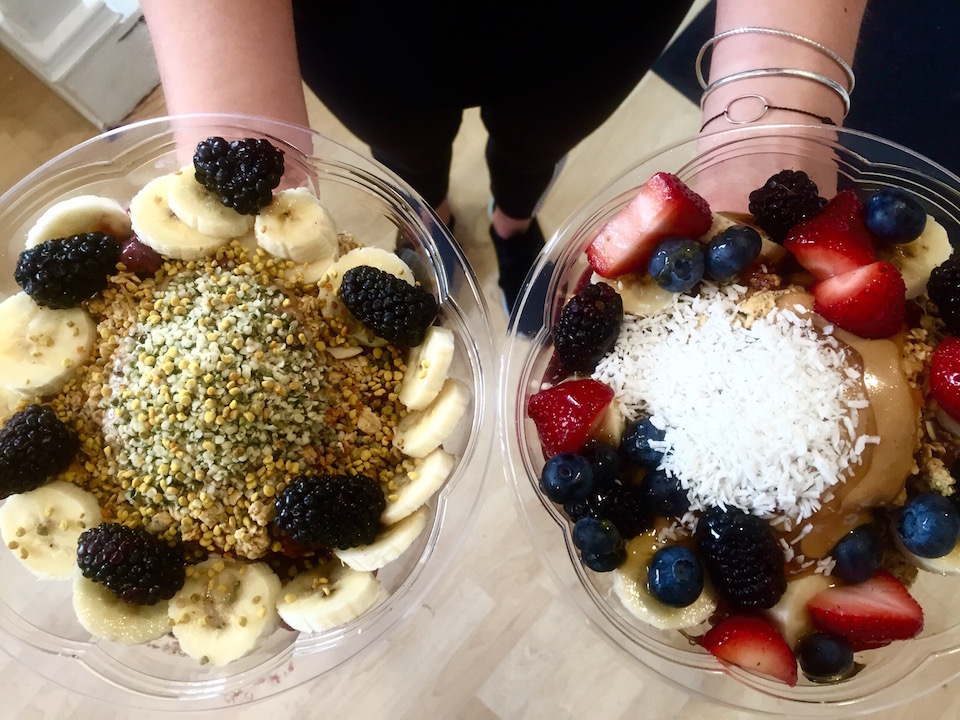written by Lynne Curry
photos by Blaine Franger
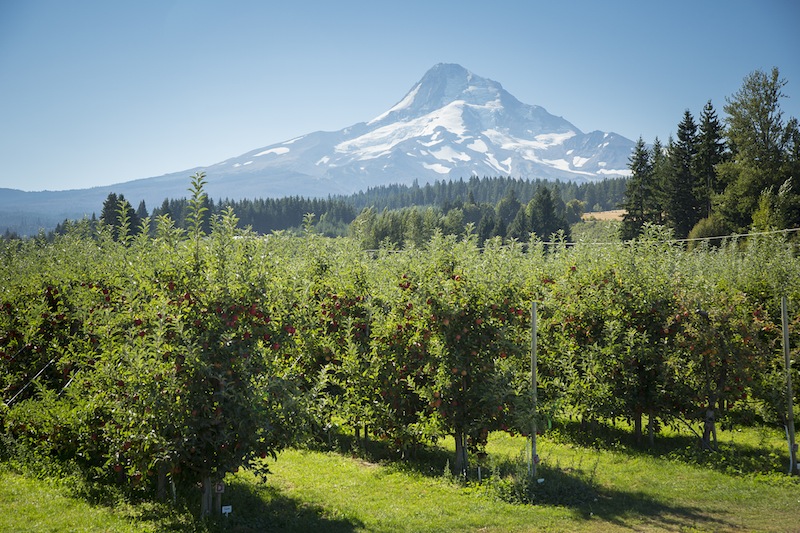
ON A DRY, CLEAR DAY IN THE Hood River Valley, Randy Kiyokawa steps from his blue Subaru to the fresh soil of his newest orchard. In the sky just above the cap on Kiyokawa’s head, Mt. Hood looks close enough to climb. The youthful-looking fifty-one-year-old orchardist could be mistaken for a hiker. Instead, he has arrived to oversee the planting of 4,000 seedlings at the timberline of one of the highest orchards in the valley at 2,200 feet. It was sure to lure bears and elk, but, aided by the warmth of the nearby Cloverdale lava beds, it would likely produce late-season fruit.
This was not the first time this third-generation grower had defied tradition.
The youngest of five, Kiyokawa grew up on his family’s fruit orchard in Parkdale. Japanese custom dictated that, as the only son, it was his land to in- herit. Despite what they say about the apple not falling far from the tree, Kiyokawa did not intend to follow his father’s and grandfather’s footsteps.
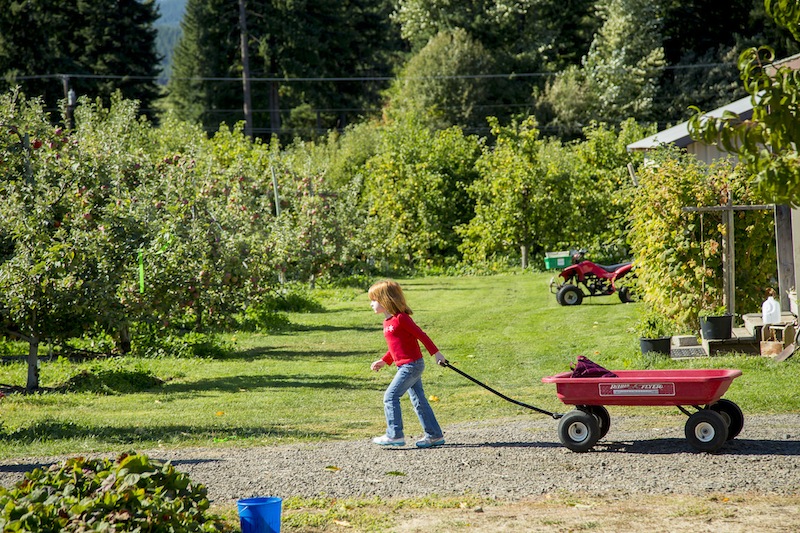
His grandfather, Riichi Kiyokawa, emigrated from a town near Hiroshima, Japan to Sacramento before working the lumberyard in Dee, Oregon. For his labors clearing lands, in 1911 he received a land claim. He farmed until World War II, when the 1942 Exclusion Order forced all Japanese into internment camps. The whole family was relocated to Tule Lake near Klamath Falls. Kiyokawa’s grandfather was the camp’s “G-man,” or garbage collector. There Kiyokawa’s father, Mamoru, met his mother, Michiko.
